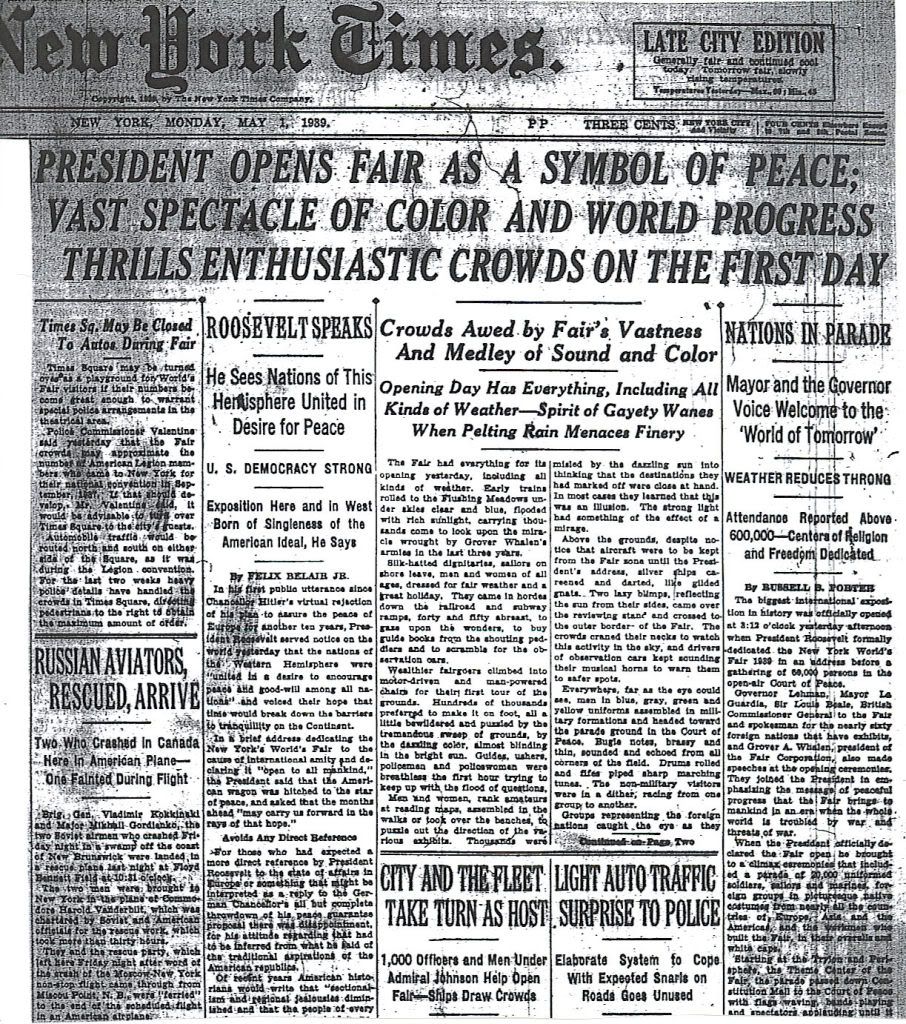
Posted on 05/01/2009 7:01:09 AM PDT by Homer_J_Simpson

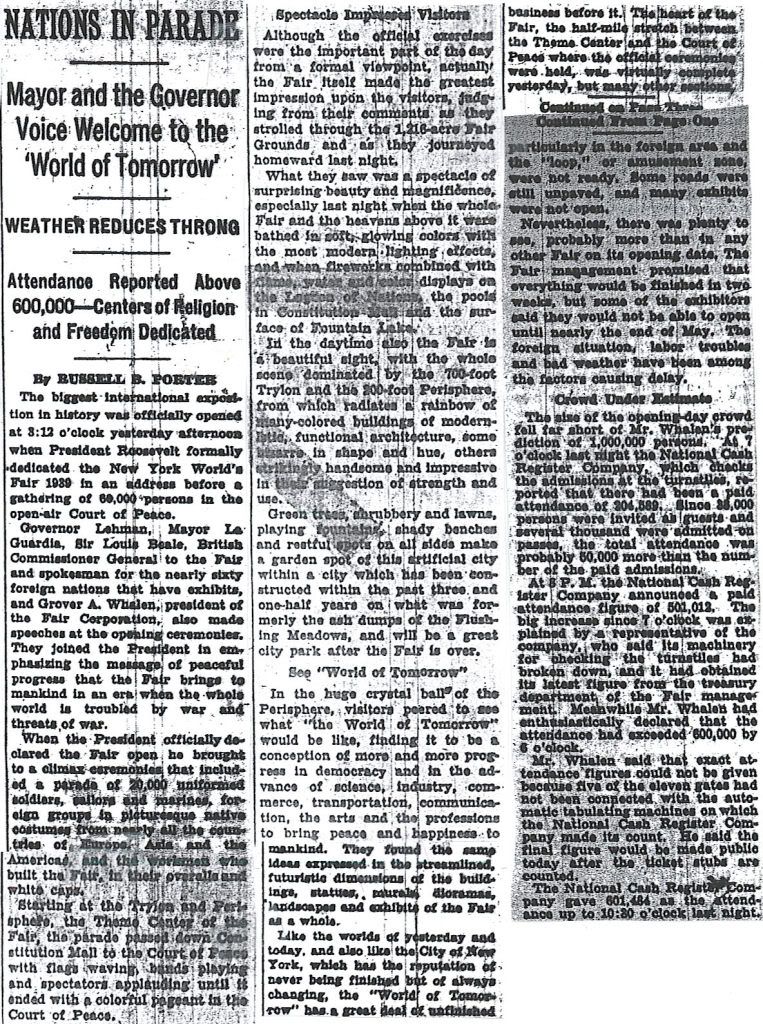
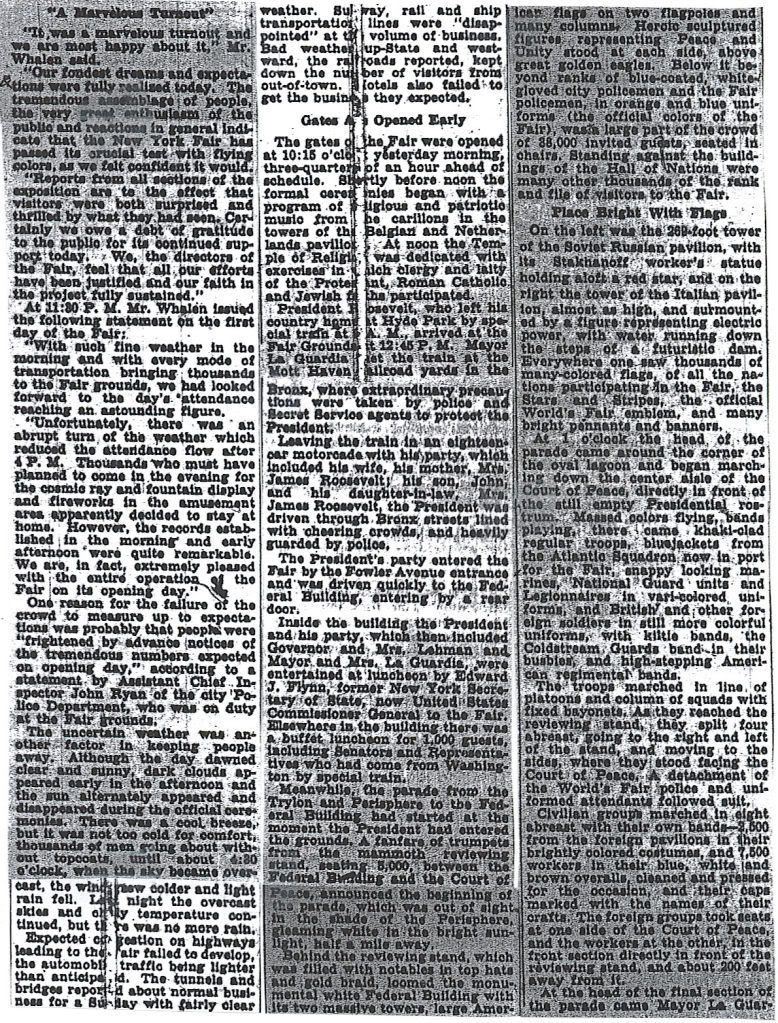
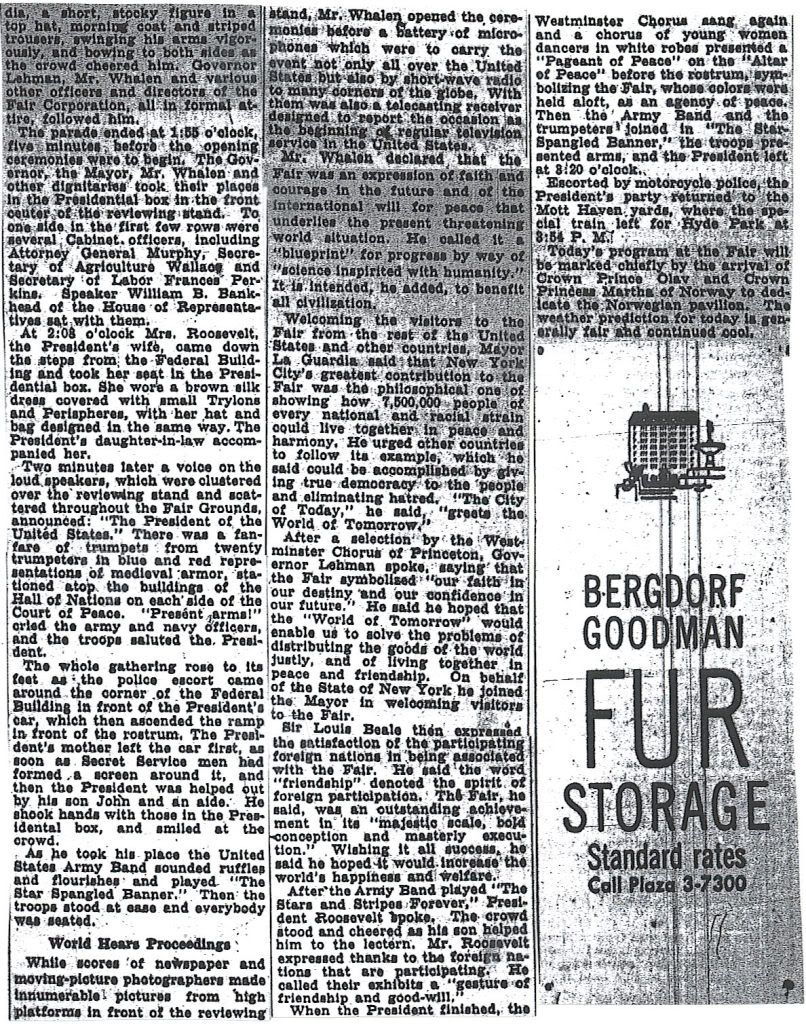
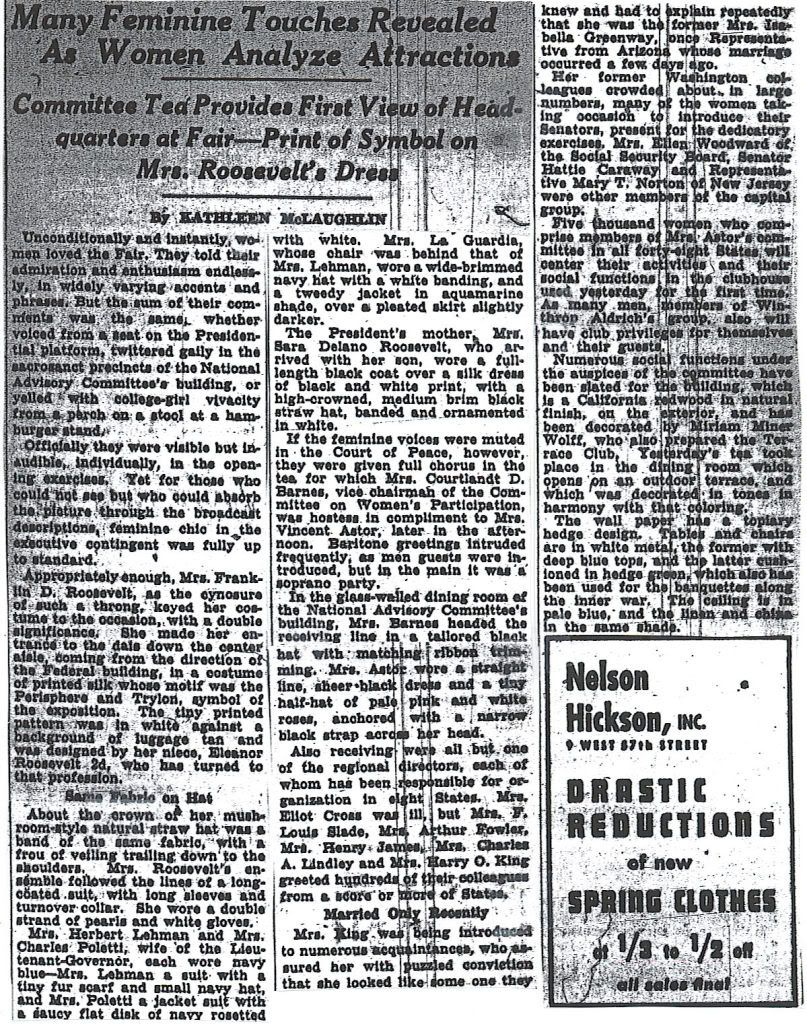
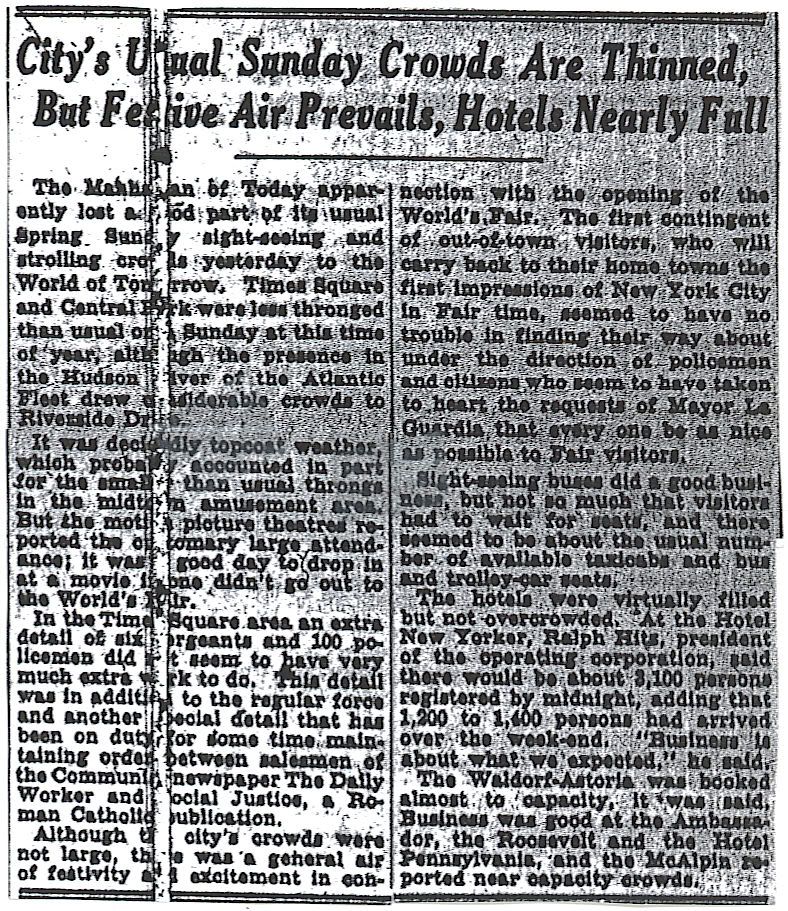
On the last day of 1938 he left Chungking by air for Kunming in Yunnan, now the main air base of Free China and the starting point of the Burma Road. At the Hotel du Lac he spent the evening in dinner and long talk with Chennault with no foreshadowing of the conflict between them that was to come.
The last months in Peiping were bitter under the Japanese occupation. Only with the greatest difficulty could his new Japanese-speaking assistant, Captain Frederick Munson, convince him to pay an official call on General Okamura as necessary to the functioning of the Military Attache's office. Stilwell grudgingly agreed but announced he would not go in uniform, and when argued out of that position, balked at wearing a sword, and when persuaded of this formality, had no reserve left but to refuse positively to go in breeches and boots, the inseparable accessories of the Japanese officer. Grimly in military slacks he marched off to tea with China's conquerors and managed to get into an argument on the innocuous subject of the temple deer at Nara.
Drawing up a balance sheet of Japanese qualities to relieve his feelings in private, Stilwell allowed them six good qualities—industrious, brave, perservering, organized, disciplined, patriotic—as against 26 bad—ranging through arrogant, cynical, truculent, ruthless, brutal, stupid, treacherous, lying, unscrupulous, unmoral, unbalanced and hysterical. Almost any foreigner having to accommodate to the Japanese in China during these years would have shared Stilwell’s sentiments, if not his facility in expressing them. To maintain correct relations under the provocative insolence and swagger, and worst of all the stream of bland inside-out distortions of fact, was mortifying to the soul. Even Sir Robert Craigie, British Ambassador in Tokyo, while on a visit to Shanghai described himself as so "utterly weary of the policy of appeasing Japan" and so "nauseated by being polite to the little blighters," that he felt constantly humiliated and "emotionally and even maybe mentally upset." He suffered a recurring dream in which, wearing a general's gold-braided uniform, he commanded a landing party near Tokyo and was suffused by a tremendous joy at the order to go "all out in retaliation against the dirty little bastards."
What really tortured Craigie and Stilwell and many others was the passivity of their own countries in the face of Japanese aggression. Frustration was acute as despotism advanced and the democracies threw it chunks of appeasement to buy themselves the illusion of safety. In addition, Stilwell faced his own depressing professional prospects. The first star of a brigadier general which made all the difference in a military career appeared to have receded beyond his reach. In another year he would have passed five years without a promotion which, combined with more than 30 years in the Army, made retirement mandatory. His old friend Honeycutt and nine others of his class including two junior to him were already generals. Though he had friends and advocates working for him, writing letters to the War Department, and though their pressure had succeeded in having his name put on the eligible list, McCabe's disparaging Efficiency Reports were a nearly insuperable block. Assigned by his new orders to an unpromising job he believed "they're trying to put me out to pasture" and saw his career ending in undistinguished desuetude among the retired colonels. The time came for departure on May 1, 1939. Discouragement was in the air. Far away in Chungking the winter fogs had lifted, enabling Japanese terror bombing of the undefended city to begin. America was still selling scrap to Japan. No sign of help for China was in prospect. In nearly two years since the incident at Marco Polo Bridge, the improved and concerted military resistance that Stilwell had hoped for had not evolved.
On their last day in China, on board the riverboat from Tientsin to Taku, the Stilwells joined a friend, Mrs. Edmund Clubb, wife of an Embassy official, who too was going home. As they opened a lunch basket to picnic on deck they saw floating by the drowned body of a man clutching a drowned child still attached by a rope to the piece of wood used by houseboat families as a life preserver. It had been inadequate. As a symbol of everything sad and wrong in China the sight of the dead bodies in the river at that particular moment was unbearable. Wordless, the group picked up their lunch and went below.
In America three days earlier Stilwell's fate was entirely changed by an unexpected development: over the heads of 34 senior officers George Marshall was appointed Acting Chief of Staff, to succeed to the full position on September 1. With conflict approaching, Marshall's urgent concern was to replace the Army's dead wood with men of action and initiative. One of the first two names he sent up for promotion to brigadier general was Stilwell's.
Barbara W. Tuchman, Stilwell and the American Experience in China, 1911-45
Joe Stilwell is leaving China so I put in an update on him at #2.
I read Tuchman’s book a few times. She seemed to think that we could have kissed & made up with Mao’s communists. I don’t think that was ever going to happen.
One facet of Chinese character that came through was how thoroughly corrupt they are. Also, their total contempt of foreigners. Chaing Kai Shek opened the windows to air out his office after a visit by Stillwell to “remove the odor of the foreigner.” I loved Stillwell’s characterization of Chaing Kai Shek as “Cash My Check.”
It seems that about every 30 years or so, the Chinese go through a huge wave of xenophobia and isolation. They get a collective desire to purge everything foreign out of Chinese society. It happened during the Boxer Rebellion, the Civil War, and the Cultural Revolution. We are overdue for another such event, I think.
The sense I got from the book is more that we could not influence events on mainland China in any important way period. The Japanese invasion was a complication for both the Communists and the Nationalists, but both camps figured that in the end the Japanese would be defeated by the allies so they wanted to save their strength for the inevitable post-WWII civil war. Both camps wanted U.S. economic aid but without strings. I don't remember that Tuchman made a case that we would have done any better pouring resources down the Communist rathole than we did pouring them down the CKS rathole.
I agree that Tuchman thought we would have no lasting impact on China. But I thought she was of the opinion that Mao was willing to actually fight the Japanese, while Chiang was hoarding the resources we gave him. Also, I think she thought that our support of Mao would have brought us a rapproachment with Communist China, instead of their hatred. That premise I doubted. They had nothing but contempt for us, partly because they were communists, partly because they were Chinese.
Disclaimer: Opinions posted on Free Republic are those of the individual posters and do not necessarily represent the opinion of Free Republic or its management. All materials posted herein are protected by copyright law and the exemption for fair use of copyrighted works.